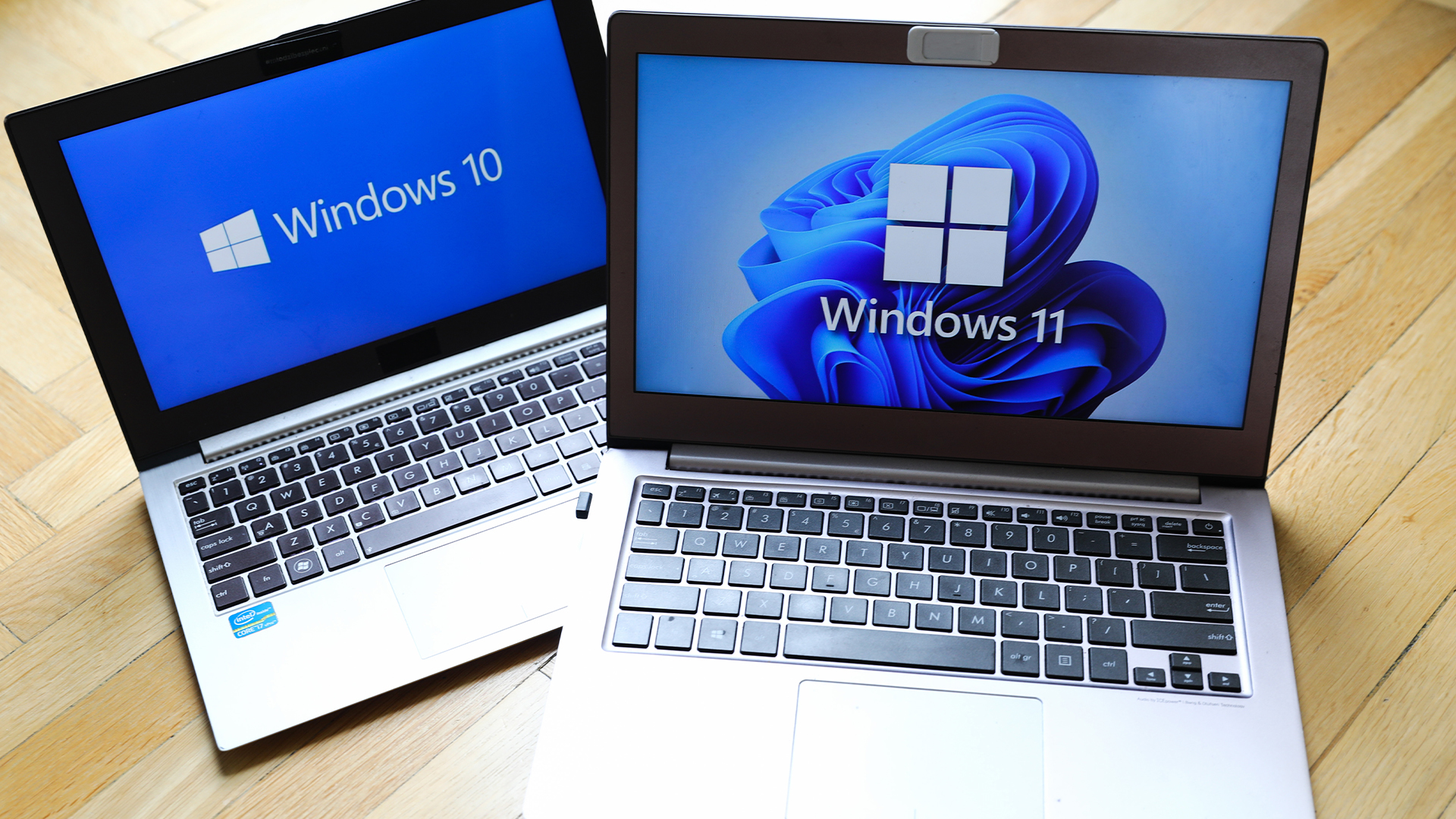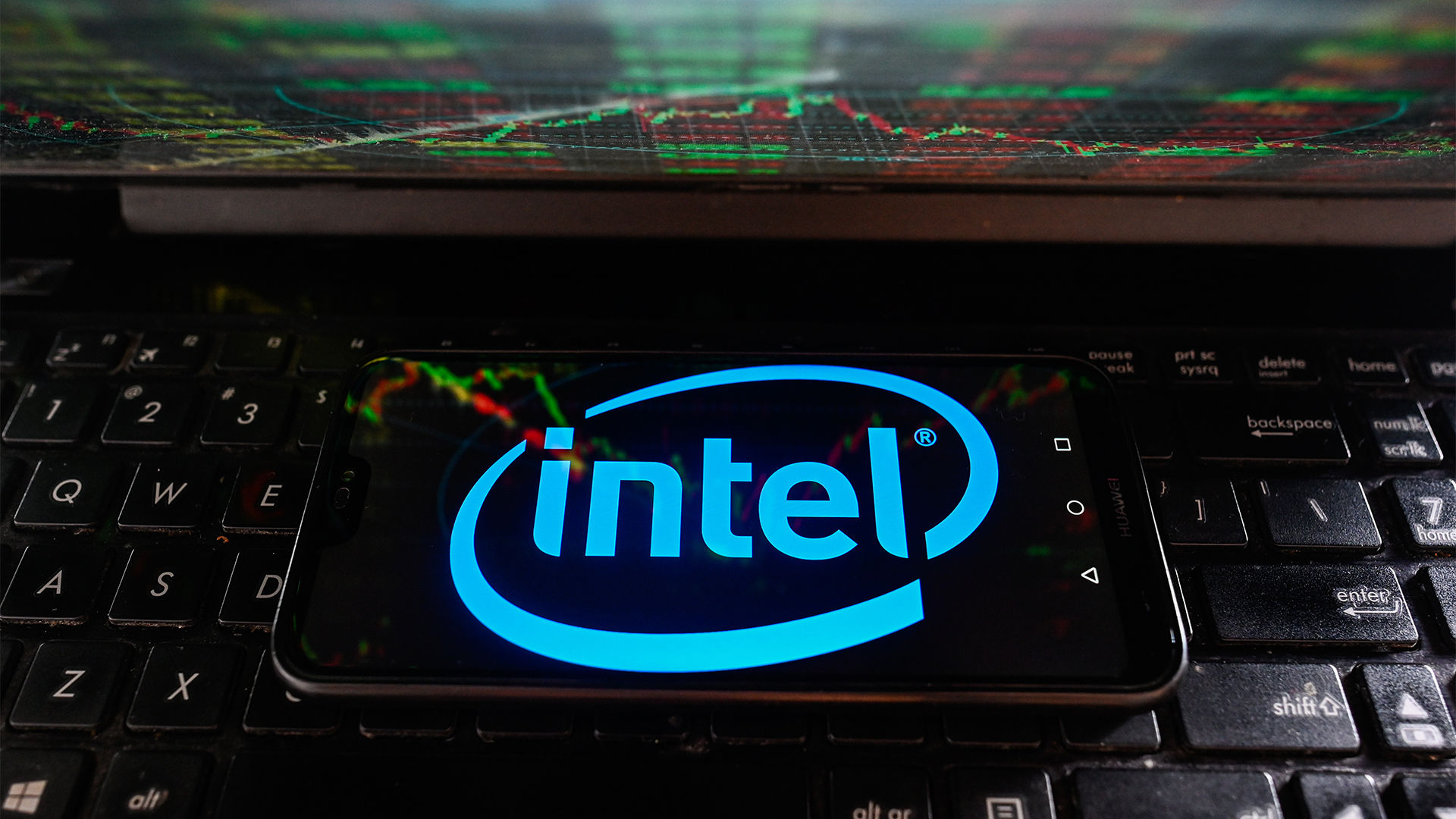DRM
Following the example of smartphone app stores, both AppUp and the Mac App Store employ Digital Rights Management (DRM), or copy protection, to try and prevent piracy. Both stores use very similar copy protection methods. Thankfully, neither appear to be as restrictive as the iPhone App Store.
Intel AppUp
Apps downloaded from AppUp can be used on up to five Windows computers. We suspect this is intended purely for personal, household use rather than as a substitute for volume licensing.
The AppUp program itself therefore needs to be installed on each computer you want to use your apps. Our casual attempts to run AppUp-purchased software on non-authorised computers were unsuccessful.
Each computer needs to receive authorisation from Intel's servers the first time each app is run. The apps need periodic reauthorisation Intel recommends that your computer be connected to the Internet at least once a week for this to take place. This shouldn't be a problem for most, but might prove troublesome for laptop users who travel frequently and connect to the internet infrequently.
Mac App Store
Sign up today and you will receive a free copy of our Future Focus 2025 report - the leading guidance on AI, cybersecurity and other IT challenges as per 700+ senior executives
As with AppUp, software purchased from the Mac App Store can be run on up to five Macs as long as they're running MacOS X 10.6.6 and you've logged in to your App Store account at least once. As far as we can tell, apps don't need periodic reauthorisation.
However, enthusiasts on the internet have already found ways to bypass this requirement. In addition, some apps are easier to copy illegally than others we found that some apps could be copied to another Mac unhindered without any special effort.
The five computer limit is intended for use in a household, rather than in a business so it's no substitute for volume licensing. Apple specifically prohibits apps from using their own copy protection/DRM schemes. We suspect this is one of the reasons why some longstanding, popular apps, such as Adobe Photoshop and Microsoft Office, aren't currently available on the App Store they use their own activation systems.
Winner: Tie. There's little difference between the copy protection in AppUp and the Mac App Store. Both strive to be as unobtrusive as possible, but it's a shame neither store has implemented a volume licensing scheme for businesses.
-
 Can enterprises transform through startup theory?
Can enterprises transform through startup theory?In-depth For big corporations, the flexibility, adaptability, and speed of a startup or scale-up is often the total opposite of what’s possible within their own operations
-
 AI is creating more software flaws – and they're getting worse
AI is creating more software flaws – and they're getting worseNews A CodeRabbit study compared pull requests with AI and without, finding AI is fast but highly error prone
-
 Windows 10 extended support costs could top $7 billion
Windows 10 extended support costs could top $7 billionNews Enterprises sticking with Windows 10 after the October deadline face huge costs
-
 Why Intel is pushing for developers to adopt AI PCs
Why Intel is pushing for developers to adopt AI PCsNews A new Intel initiative aims to drive developer adoption of AI PCs and improve synergy with the hardware makers building these next-generation devices
-
 Tiny11 review: Windows 11 with only 2GB of RAM
Tiny11 review: Windows 11 with only 2GB of RAMReview A version of Windows 11 for older machines that don't meet the full requirements
-
 Red Hat Enterprise Linux becomes foundational operating system for Cohesity Data Cloud
Red Hat Enterprise Linux becomes foundational operating system for Cohesity Data CloudNews New strategic partnership between Red Hat and Cohesity aims to drive innovation in the data security and management space
-
 Ubuntu shifts to four-week update cycle
Ubuntu shifts to four-week update cycleNews Critical fixes will also come every two weeks, mitigating the issues involved with releasing prompt patches on the old three-week cadence
-
 AlmaLinux follows Oracle in ditching RHEL compatibility
AlmaLinux follows Oracle in ditching RHEL compatibilityNews Application binary compatibility is now the aim with 1:1 now dropped
-
 How big is the Windows 10 cliff-edge?
How big is the Windows 10 cliff-edge?ITPro Network With some comparing the upcoming Windows 10 end of life to Windows XP, we ask members of the ITPro Network for their insight
-
 Everything you need to know about the latest Windows 11 updates - from bug fixes to brand-new features
Everything you need to know about the latest Windows 11 updates - from bug fixes to brand-new featuresNews Two new cumulative updates are on the way and will be installed automatically on Windows 10 and Windows 11 machines